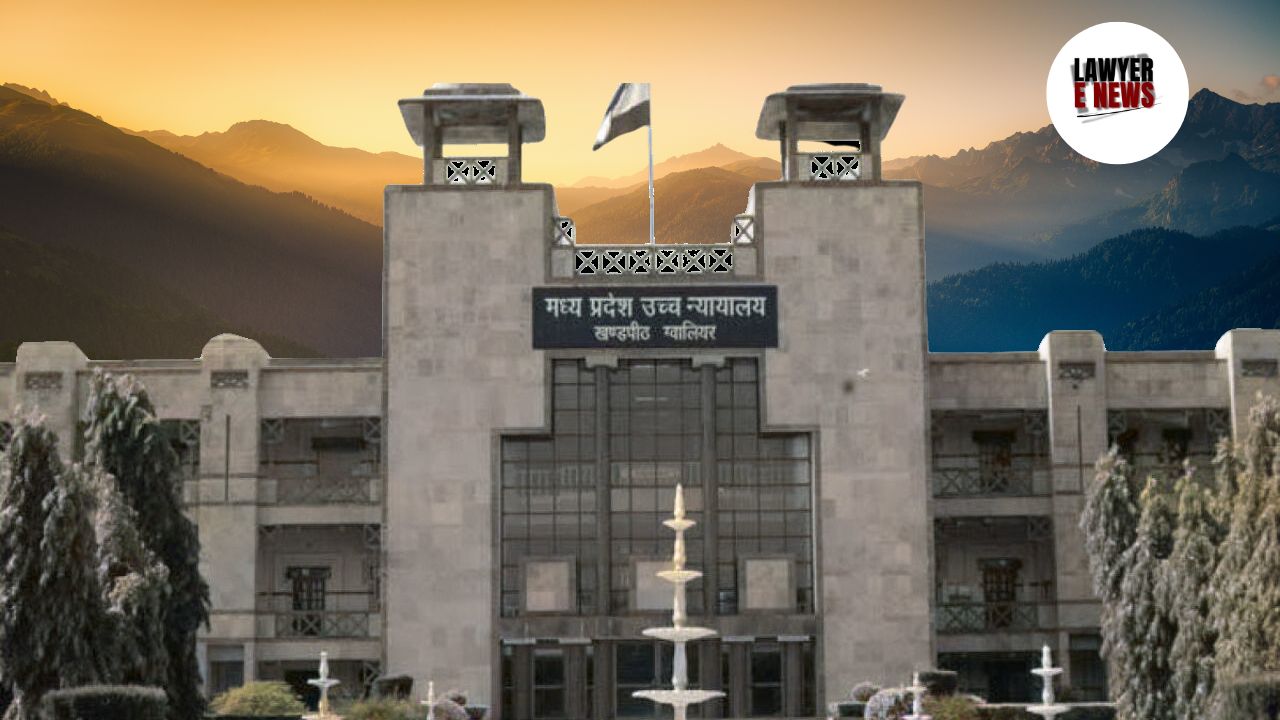-
by Admin
15 February 2026 5:35 AM



The Madhya Pradesh High Court at Jabalpur, in a significant ruling on May 28, 2024, quashed an FIR against R. D. Mishra, who was implicated in a dowry harassment case. The judgment, delivered by Justice Gurpal Singh Ahluwalia, highlighted the necessity of specific allegations against the accused, especially when prosecuting distant relatives of the complainant's husband.
The case originated from an FIR lodged by Smt. Sonam Shukla, who alleged that she was subjected to physical and verbal abuse over dowry demands after her marriage to Praveen Gautam on May 5, 2018. She detailed various incidents, including an assault by her husband on June 15, 2019, and verbal abuse by her father-in-law, R. D. Mishra, regarding dowry. Mishra, a retired line supervisor, contended that he lived separately and had been estranged from the family for over 30 years, claiming false implication in the matter.
Justice Ahluwalia emphasized the importance of clear and specific allegations in dowry harassment cases. Citing the Supreme Court’s precedents, he noted, "In the absence of specific allegations, the near and dear relatives of the husband of the complainant should not be made to face the ordeal of trial". The court observed that the FIR contained vague and general accusations without tangible evidence implicating Mishra directly in the harassment.
The court scrutinized the allegations made by Sonam Shukla, finding that while there were claims of physical abuse by her husband, the specific involvement of Mishra was not substantiated by detailed evidence. The court remarked, "Mere naming of distant relations is not enough to summon them in the absence of any specific role and material to support such role".
Justice Ahluwalia relied on the principles laid down in previous Supreme Court judgments, which stress the need for specific and tangible allegations against accused individuals in dowry-related cases. The court reiterated, "A tendency has developed for roping in all relations of the in-laws of the deceased wives in the matters of dowry deaths, which, if not discouraged, is likely to affect the case of the prosecution even against the real culprits".
Justice Ahluwalia observed, "In prosecuting the near and dear relatives of the husband of the complainant, the allegations must be clear, specific, and should not be vague, omnibus, and general". He further noted, "The applicant cannot claim that the police must investigate from his point of view also".
The High Court's dismissal of the FIR against R. D. Mishra underscores the judiciary's cautious approach in dowry harassment cases, ensuring that prosecutions are based on specific and substantial allegations. This ruling reinforces the necessity for detailed and clear accusations when implicating individuals, particularly distant relatives, in such sensitive cases. The judgment is expected to serve as a precedent in protecting individuals from unwarranted legal ordeals based on vague allegations.
Date of Decision: May 28, 2024
